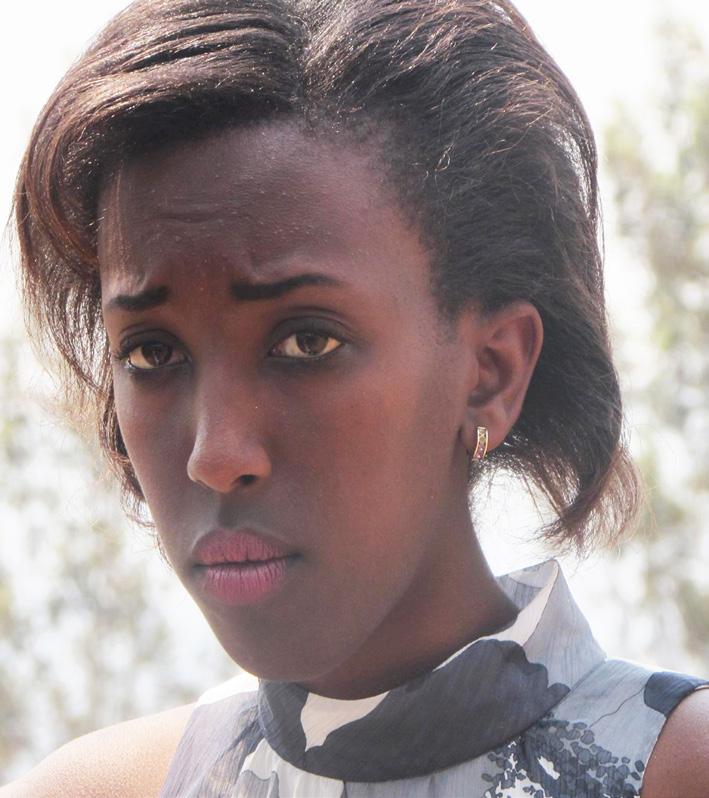
2 minute read
Harmornisation of Tuition fees
Integration News Rwanda leads EAC in harmonization of tuition fees
Rwanda leads other partner states of the East African Community (EAC) in harmonization of tuition fees, allowing students from the region to pay same fees as Rwandans studying in the Rwandan institutions of higher learning.
Advertisement
In July 2011 the EAC Council of Ministers approved the report of ministers responsible for Education, Science and Technology, Culture, Sports and Youth Affairs on harmonization of EAC education systems and training curricula.
However, it is only Rwanda that has implemented the initiative leaving other partner states lagging behind two years after the decision was made. At the University of Rwanda (UR), a public institution with various colleges, students from other EAC Partner States pay the same tuition fees as Rwandans. Amandine Ndikumasabo, a Burundian national, is pursuing a bachelor’s degree in Journalism and Communication Studies at the Catholic Institute of Kabgayi in southern Rwanda. She pays same tuition fees as Rwandan students.
“I’m a Burundian and I pay the same tuition fees as Rwandans; it’s good,” she says. She says it would be imperative if institutions of higher learning in the region were charging uniform tuition fees.
She says that this would be easy for regional students to access education outside their home countries.“Students should be free to attain their education in all the member states of EAC. We don’t need to be treated as foreigners; we are all East Africans. The education sector needs to be liberalized to allow people to move freely and get what they want,” Ms Ndikumana said. Currently East African universities have different tuition fees and it applies both in private and public institutions. In Rwanda, UR colleges charge Rwf 600,000 per year for Rwandans and students from other partner states of EAC. At Makerere University in Uganda, for example, a Ugandan student pursuing a bachelor’s degree in pharmacy pays Rwf646, 513 while an international student doing the same course is required to pay Rwf 1.1 million. The tuition fees paid by international students— where students from other EAC partner states are categorized—are considered very high and deny the opportunity regional students to study from one of the prestigious universities in the region.
Experts believe that the only way to facilitate the free movement of students and exchanging the courses within the region is to have uniform tuition fees. Patrick Burora, a university lecturer at Mount Kenya University in Kigali observed that if Rwanda has implemented the initiative why not other regional countries.
“Some of the courses in East African universities are more expensive than in European universities. Why should a Rwandan student go to an American institution to pursue the course that Nairobi University or Makerere has. I think what is needed is to change the mindset and we should be patriotic about our region,” he said He added: “If we are to change our region academically and compete on the global market, we need to empower our education sector and this can be done if education is made cheaper. Rwanda has successfully made it cheaper for other East African citizens and this is something that needs to be emulated in other countries.”
However, the Rwandan Minister of Education Prof. Silas Lwakabamba expressed optimism that other partner states were also about to harmonize tuition fees to allow East African students pay uniform fees across the region.
“We are working on it with colleague ministers. Eventually it will be done. We have different momentum in implementation but it will work out,” he said.
Amandine Ndikumasabo a Burudian student in Rwanda










